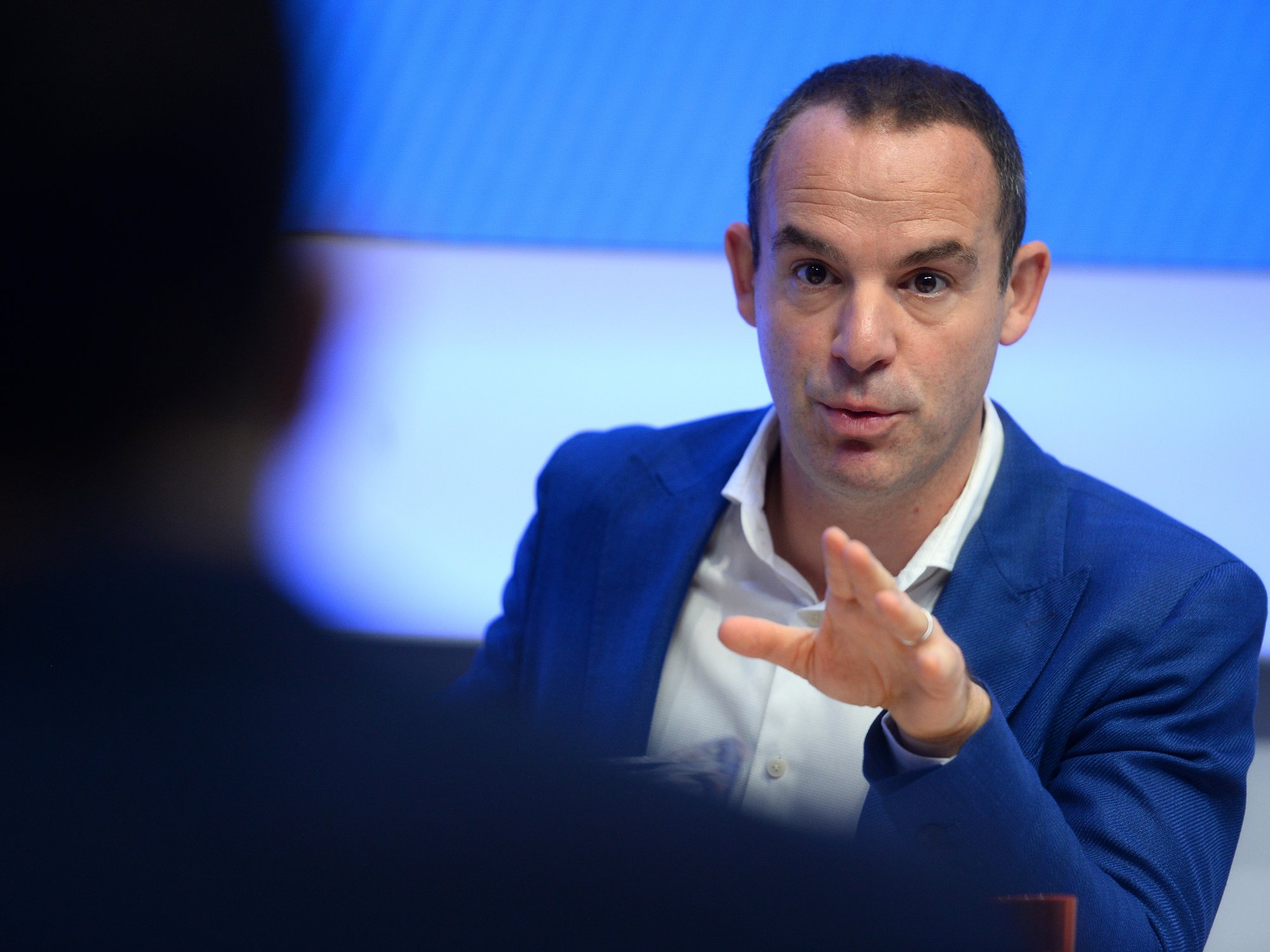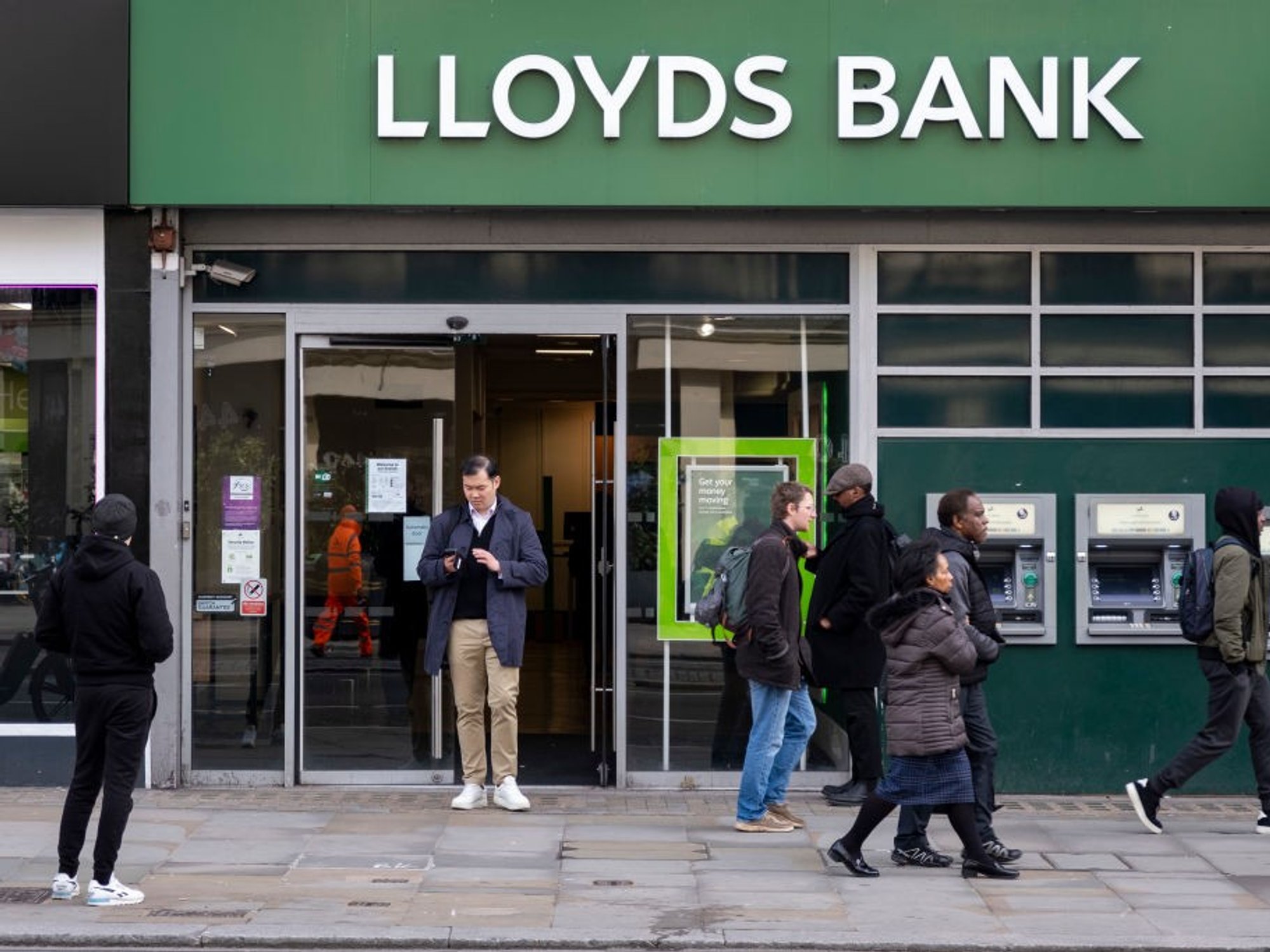Cold Weather Payment under fire as hidden 'overlap penalty' puts vulnerable households at risk this winter
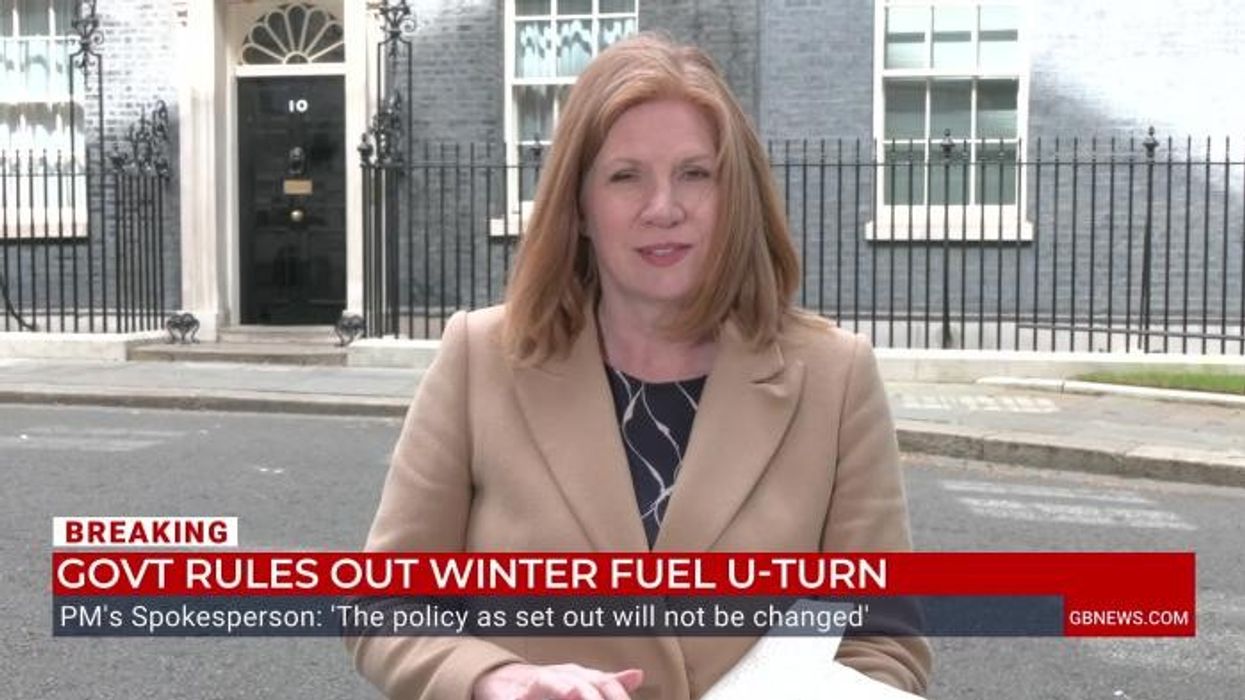
Major blow for pensioners as winter fuel cuts will NOT be reversed |
GBNEWS

Smart meter data shows nearly two-thirds of prepay households disconnect yearly due to cost concerns
Don't Miss
Most Read
Latest
A growing number of families may be missing out on Cold Weather Payments due to a built-in "overlap penalty" that delays much-needed support.
Experts warn the current system contains a hidden flaw that could prevent vulnerable households from receiving timely help during freezing weather.
The Cold Weather Payment gives eligible people £25 when temperatures drop below zero for seven consecutive days.
But new research from Western Sydney University and Oxford University suggests the current design is outdated and ineffective.
Analysing smart meter data from over 11,500 Utilita Energy customers, the researchers found that nearly two-thirds of prepayment households were disconnecting from their energy supply at least once a year because of rising costs.
Even during freezing weather, many struggled to afford gas and electricity.
Crucially, the study found "no evidence" that the Cold Weather Payment helped reduce the risk of energy disconnection.
Researchers say the design of the scheme leads to delays in support, with payments often arriving too late to prevent hardship.
One major flaw they identified is what they call the "overlap penalty" - a rule that limits support when multiple cold spells occur close together. Households receive only one payment even if freezing conditions persist or return shortly after.
This loophole is said to hit hardest in northern parts of England, where cold periods are more frequent. Researchers are now urging ministers to fix the scheme before the next winter begins.
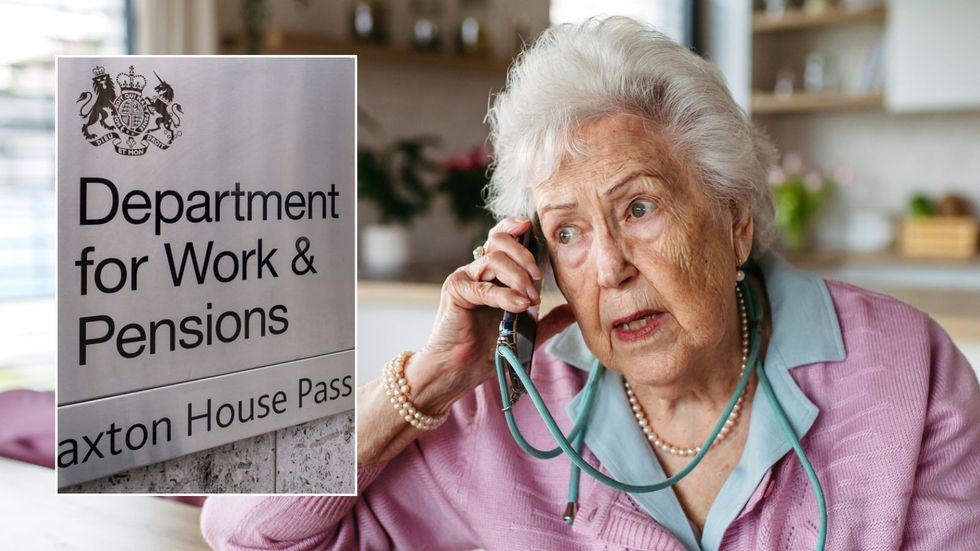
Yorkshire faces particular hardship under this arrangement
| GETTY"This 'overlap penalty' severely affects those living in northern England and particularly Yorkshire, which is a colder region where cold weather spells are more common," the researchers stated.
Yorkshire faces particular hardship under this arrangement, as the area experiences more frequent cold snaps than other parts of the country.
Despite multiple episodes of freezing weather, households receive the same £25 payment as those experiencing just one cold spell.
The smart meter research exposed the extent of energy poverty among prepayment customers, with 63 per cent of households voluntarily cutting off their power supply at least once yearly.

The researchers propose fundamental changes to the payment structure
| GETTYThe data revealed that gas disconnections increased during colder periods compared to other times of year.
Households using prepayment meters faced particular difficulties when temperatures fell below 4°C, requiring more frequent top-ups with larger amounts.
The study found increased reliance on emergency credit during cold weather, alongside higher rates of self-disconnection when households exhausted their credit.
These findings demonstrate that the existing Cold Weather Payment mechanism fails to prevent vulnerable households from going without heating during freezing conditions.
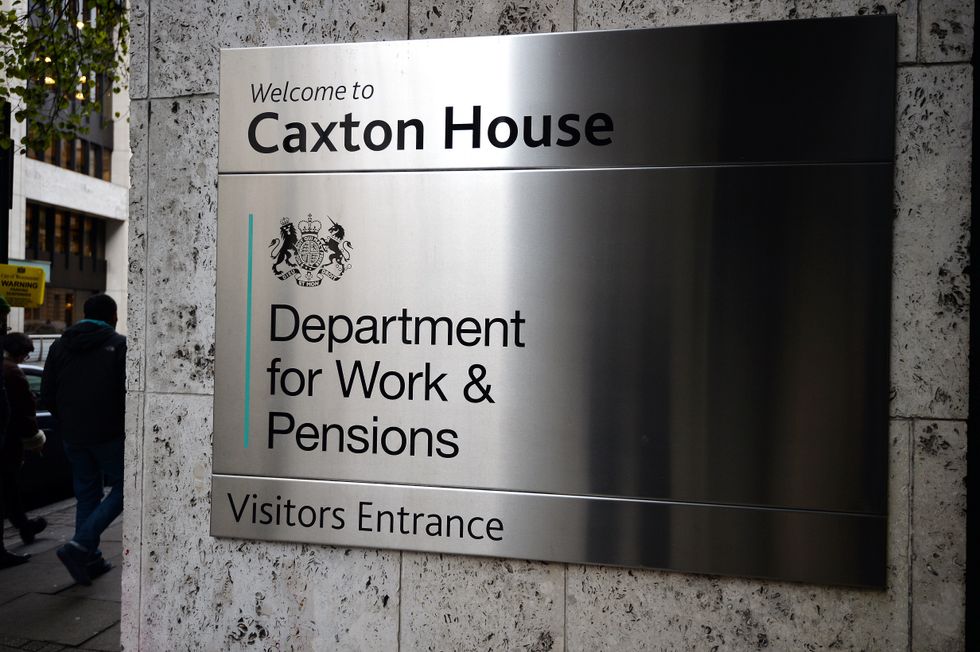
Researchers suggest utility companies could implement the system through direct credits for smart meter users, with alternative arrangements for customers using traditional meters.
| GETTYThe researchers propose fundamental changes to the payment structure, advocating for advance payments rather than retrospective compensation.
"The payment should be made in advance of cold weather, and utility companies could pay it directly to customers who have smart meters," they recommended.
Their proposal includes increasing support to £10 daily for each day minimum temperatures are forecast to fall below 4°C, replacing the current £25 lump sum. The academics argue this would better align with household needs and reduce self-disconnections during extremely cold nights.
They also suggest utility companies could implement the system through direct credits for smart meter users, with alternative arrangements for customers using traditional meters.
More From GB News








